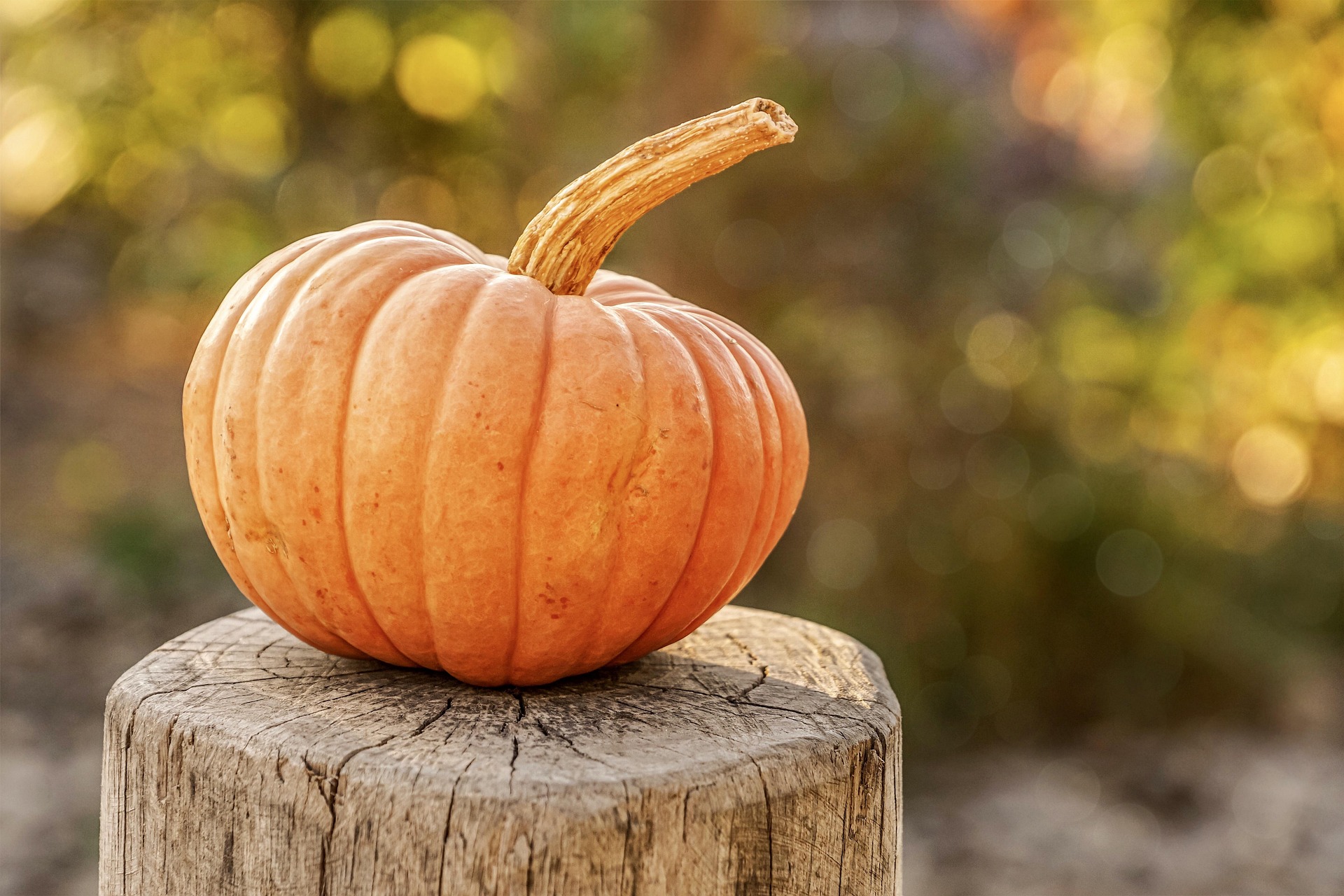Resisting the Lure of Holiday Treats – the Lures
Below is a list of the “lures” that can try to get us to break our abstinence and suggestions for ways that we can counteract that attraction. Remember that we choose to be in OA90, and our daily choices in life can reinforce that decision if we know how to deal with situations that may arise with holidays and other special occasions. The notes were written down by members of the Workshop Committee from the participants in the workshop. Please consider using these notes if you encounter one of these situations, the best defense against that first bite is preparation.
1. Putting out candy and dealing with the leftovers (Halloween or anytime). Suggestions: Put out something you don’t like, put out non-food items for trick or treat like coins or crayons, give leftovers to a neighbor or take to work, a school, or a shelter; throw in the trash and spray with something that will make it inedible like a cleaning spray.
2. Family members using food as their “love language” Suggestion: don’t fall for the guilt trip, food can be given away later.
3. Bake someone happy Suggestions: People with long-term abstinence can be around food without being triggered, give it to someone else later, remember “not my food” see Big Book page 84 “recoil as from a hot flame”.
4. Parties or hosting events – Suggestions: have a plan for leftovers and cleanup like donating to a shelter or having guests take stuff home, serve things you don’t eat and eat your own meal beforehand so you won’t be hungry. Leftovers can be frozen and brought to school or work later if a weekend event.
5. Lure of exotic food – Suggestions: preplanning needed for travel (see travel tips material), know what you can eat and where to get it. If not on my food plan, it is not my food. Always talk to your sponsor to stay on track.
6. Unexpected smells -Suggestions: leave the area, call your sponsor, ask God for help, use your tools, distract yourself with non-food activities (read, write, pray, meditate, go for a walk).
7. Romancing the thought of bygone food experiences Suggestions: banish the thought when it appears, a thought can’t rent space in your head unless you let it, life is about living in today, if you need to remember past foods, remember how sick you were then.
8. Driving by a former binge spot – Suggestions: don’t stop there, keep going! 9. HALTSS- Don’t get too hungry, angry, lonely, tired, stressed out, or sick. Suggestions: bring your meal with you or eat beforehand, prepare yourself spiritually, make phone calls, contact your sponsor. These HALTSS conditions allow your disease to get a foothold, stop it before it starts.
10. Negative thinking as setup for a lure – Suggestions: Protect your serenity by using your tools, remember gratitude because the positive will drive out the negative thoughts. 11. Dealing with stressful medical situations for myself or in caring for others – Suggestions:
these can affect you eating your meals so check with your doctor, nutritionist, and sponsor. Don’t let your mind convince you that you need to give up your program,
adjustments can be made. Make sure to take care of yourself when caregiving for others, it can be stressful.
12. “I made this just for you!”- how to handle the well-meaning friend or family member. This includes “I know you can’t have X, so I made you Y”. Suggestions: accept it and then get rid of it, say you already had enough, offer medical excuse if valid (allergy or illness). Don’t feel guilty for protecting your abstinence.
13. Last minute invitation to dinner or a restaurant, how do you handle it? Suggestions: say sorry, already have plans (abstinent dinner and a meeting), call host or restaurant to find out if they have something you can eat, ask to bring your own meal (or bring for backup), eat before events, have hot water or herbal tea during events so you look like you have something, talk to your sponsor about change to meal, get salad dressing on the side since some have sugar or not the amount needed, eat your own salad by transfer from your container to a plate (on your lap if needed to keep it quiet), tell them you have allergies or medical issue if valid, eat your meal at home before you go.
14. Expectations – the invisible lure-the dinner party where the promised food was not made or ran out so other food alluring. Suggestions: always bring a meal just in case, know where grocery store is and what to get, stay in touch with sponsor. Be willing to go to any lengths.
15. What to do with food gifts – Suggestions: give it away to coworkers or neighbors or family members. You don’t have to eat it yourself. Tell person you can’t eat it for medical reasons (diabetes, allergy, if true). Change your thinking so you don’t feel sorry for yourself.
16. Entitlement-why can’t I have what they have? Poor me? AA slogan: poor me, poor me, pour me a drink. Suggestions: don’t go there, you are not entitled to food that is not good for you, why do you want to hurt yourself with food? You might want to be open with friends and family about your OA program to reduce inappropriate suggestions. Be willing to bring your scale and your food with you or weigh your food ahead of time. Offer to do service at events to keep busy and not think about the food on other plates. Remember “not my food”. Don’t think you can just have a little, you know where that leads. Stop negative thinking and protect your serenity. Use your tools, ask HP for help. Stress and irritation can be the first step to a slip, remember food doesn’t solve problems! Wash your hands and brush your teeth, no contact with outside food.
SOURCE: OA90.org – Notes from the Workshop 10/22/23
©2024 Experience Strength & Hope Newsletter,
All rights reserved. Proudly sponsored by OA Foot Steps VIG #09670.
Did you enjoy this article? We would encourage our members to use this post, and others like it, at their meetings, or for private reflection. We also encourage you to share this post to other fellows to help the compulsive eater who still suffers. Please let us know if you have an idea for an article or an upcoming theme, or have any questions or suggestions. Email our editorial staff at [email protected].
The experience, strength, and hope expressed in this article, reflect the individual OA members and does not represent OA as a whole. Other OA groups and service bodies are welcome to reprint articles from Experience, Strength & Hope Newsletter without permission. When reprinting from other OA newsletters, be sure to credit the source.
















